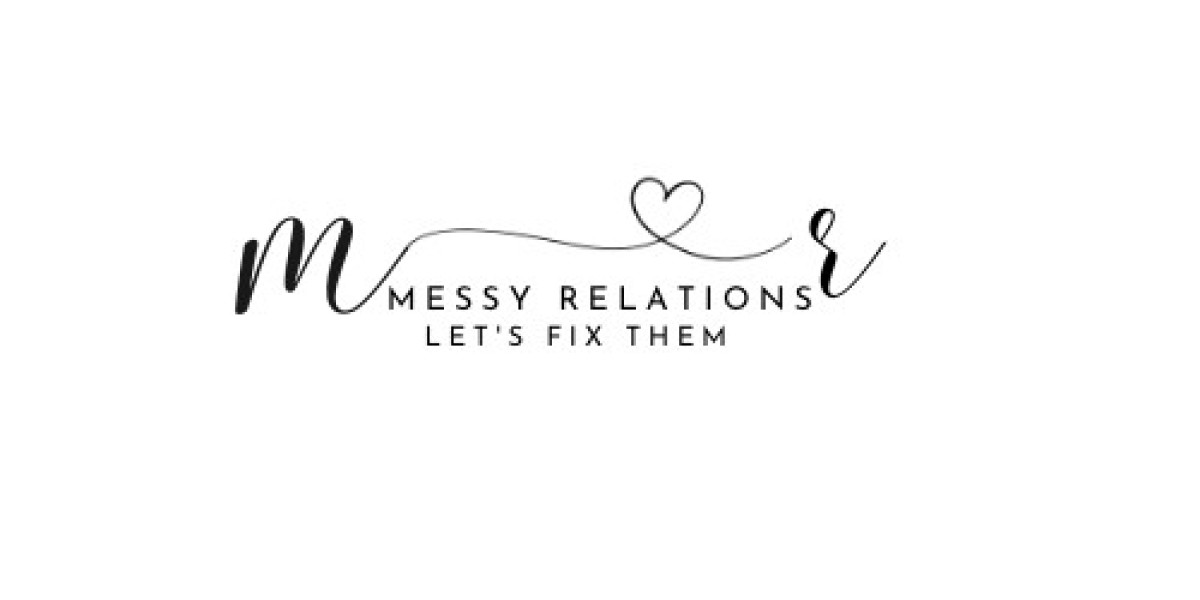Father-daughter relationships play a crucial role in shaping a girl’s emotional development and self-esteem. A healthy bond with a father figure can foster confidence, security, and a strong sense of identity. However, not all father-daughter relationships are positive. In some cases, they can become emotionally unhealthy or even toxic, leading to unsettling dynamics. This blog will discuss the distinction between healthy and creepy father-daughter relationships, the red flags to look out for, and how to navigate these sensitive situations.
What Defines a Healthy Father-Daughter Relationship?
Before delving into the problematic aspects of father-daughter dynamics, it's essential to understand what constitutes a healthy relationship. A strong, positive bond between a father and daughter is characterized by:
- Emotional Support: A healthy father encourages his daughter’s personal growth and emotional well-being. He is a source of guidance, support, and security.
- Boundaries: Mutual respect for personal space and autonomy is critical. A healthy father allows his daughter to develop her own identity while offering support and advice when needed.
- Open Communication: A solid father-daughter relationship is built on open, honest conversations. The daughter should feel comfortable discussing her feelings, problems, and thoughts with her father without fear of judgment.
- Respect for Independence: As daughters grow older, fathers should respect their independence and decisions, offering advice without being controlling or overbearing.
Understanding Creepy Father Daughter Relationships
While most father-daughter relationships are positive, there are instances where boundaries can blur, leading to uncomfortable or even abusive situations. Creepy father-daughter relationships often exhibit unhealthy dynamics that can emotionally and psychologically harm the daughter. Some of the characteristics of such relationships include:
- Over-Involvement in Personal Life: In a problematic relationship, the father might exhibit an obsessive need to control his daughter’s life—dictating her choices, friends, or romantic partners. This can be emotionally stifling and a sign of boundary issues.
- Inappropriate Emotional Dependency: In some cases, a father might treat his daughter more like a partner than a child, becoming overly dependent on her for emotional support. This can create an unhealthy power imbalance and emotional strain on the daughter.
- Crossing Physical Boundaries: While affection is a natural part of any close relationship, inappropriate physical contact that makes the daughter uncomfortable or feels excessive is a red flag. Any form of unwanted touching is not only inappropriate but can also lead to serious emotional trauma.
- Emotional Manipulation: Fathers in unhealthy relationships may manipulate their daughters into feeling guilty or responsible for their emotions. This emotional blackmail is often subtle, but it can erode a daughter’s self-esteem and independence over time.
- Favoritism and Unrealistic Expectations: Creepy dynamics can also arise when a father imposes unfair expectations on his daughter, such as requiring her to be perfect or live up to an unattainable ideal. These situations can lead to pressure, anxiety, and an overwhelming fear of failure.
The Impact of Creepy Father-Daughter Relationships
Unhealthy father-daughter relationships can have long-term emotional, psychological, and social impacts. Some of the effects include:
- Low Self-Esteem: Daughters who grow up in unhealthy dynamics often struggle with self-worth. They may feel that their value is tied to how well they meet their father’s expectations, leading to long-lasting feelings of inadequacy.
- Relationship Difficulties: Daughters who experience emotional manipulation or boundary violations in their relationship with their father may struggle to form healthy romantic relationships. They may seek approval in all the wrong places, fail to set boundaries, or replicate the unhealthy patterns they learned growing up.
- Emotional Trauma: The emotional impact of toxic relationships can be severe, leading to anxiety, depression, or PTSD. This trauma can affect various aspects of life, from professional aspirations to social interactions.
- Distrust of Authority Figures: Unhealthy father-daughter relationships can erode a daughter's trust in authority figures. This distrust may extend beyond family and affect their relationships with teachers, bosses, or other men in positions of authority.
Recognizing Red Flags and Seeking Help
If you suspect that your relationship with your father or someone you know involves unhealthy or creepy dynamics, it’s crucial to recognize the signs and take steps to protect yourself. Here are some ways to address the situation:
- Set Boundaries: Clearly communicate what behaviors make you uncomfortable and establish firm boundaries. A healthy relationship respects those boundaries without question.
- Seek External Support: Sometimes, talking to an outside party—whether a therapist, counselor, or trusted friend—can provide clarity and guidance. Professional counseling can help both the father and daughter understand where the relationship went wrong and how to repair it.
- Trust Your Instincts: If something feels off, it probably is. Don’t ignore feelings of discomfort, anxiety, or fear. Trust your instincts and remove yourself from situations that feel harmful.
- Address the Issue: If possible, have an honest conversation with your father about how his behavior is affecting you. This can be difficult, but addressing the problem directly may help improve the relationship.
Conclusion
Father daughter relationships are deeply influential and play a vital role in a woman's emotional and psychological development. While most relationships are positive and nurturing, unhealthy or creepy dynamics can arise, causing long-term harm. Recognizing the signs of creepy father-daughter relationships is the first step toward addressing and correcting the situation. By setting boundaries and seeking support, daughters can reclaim their emotional well-being and build healthier relationships in the future.



